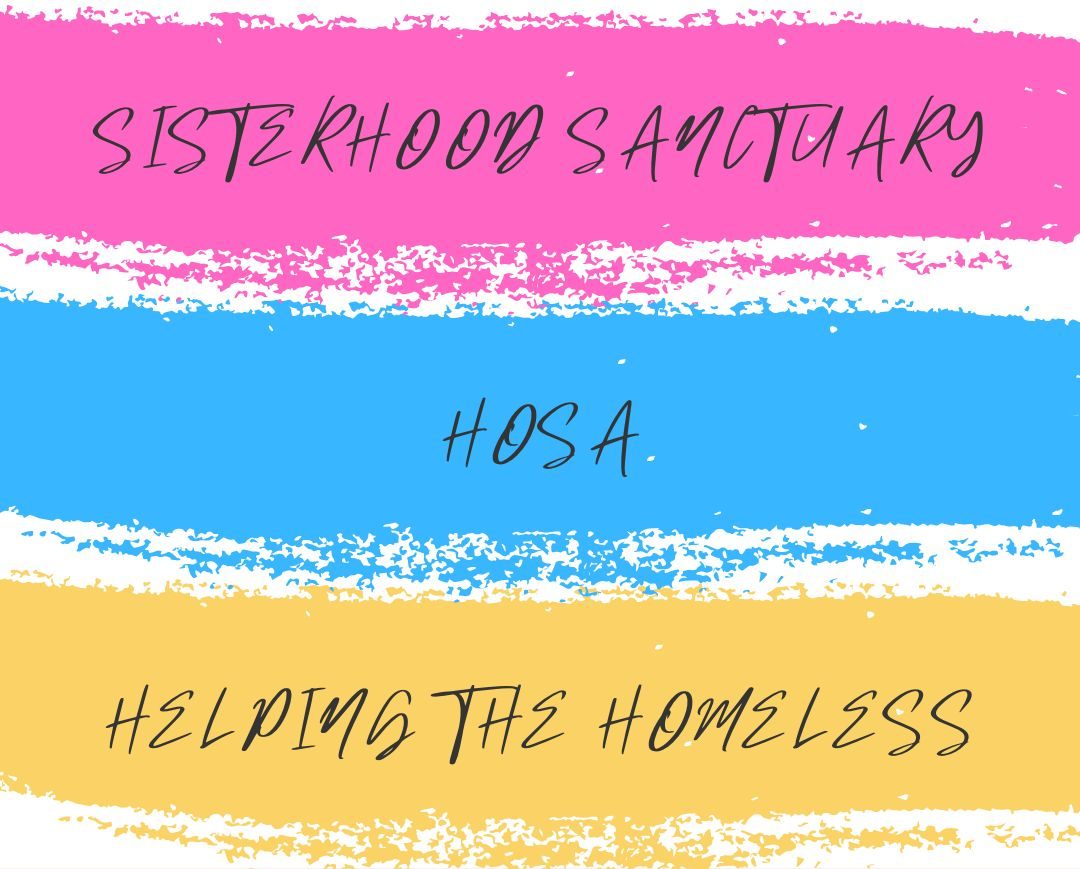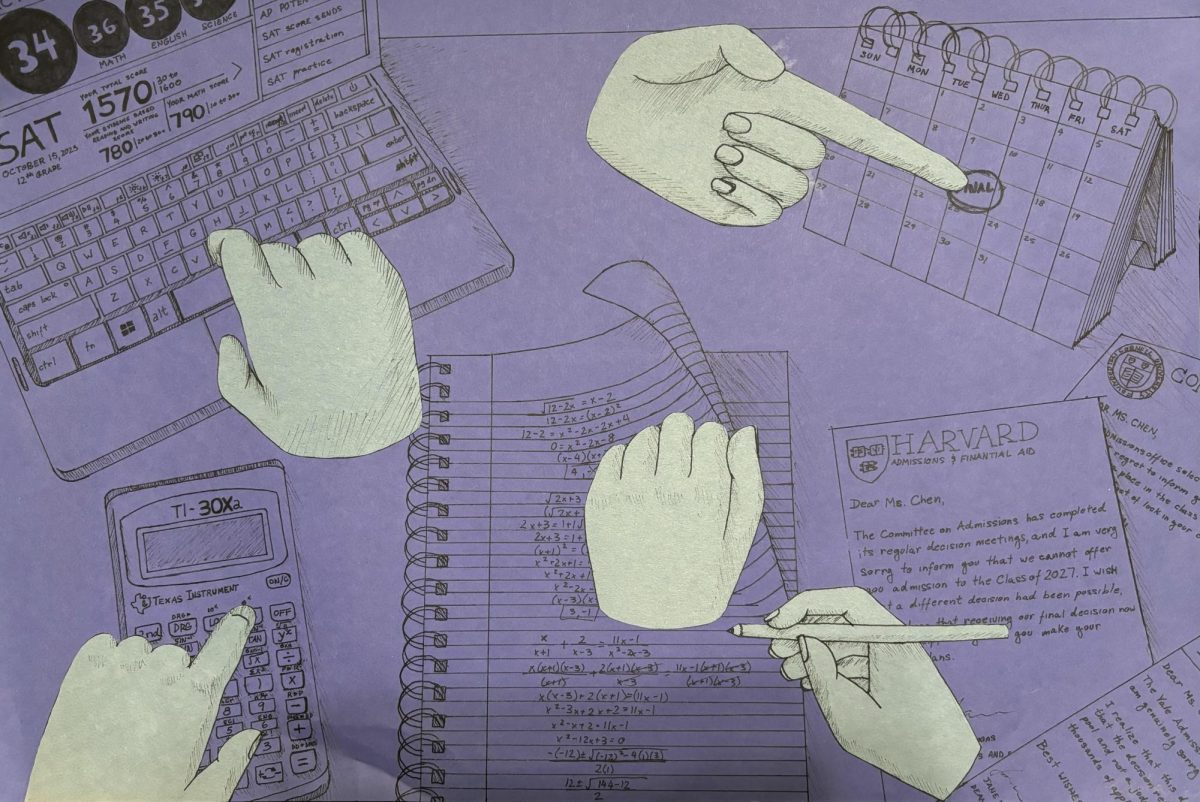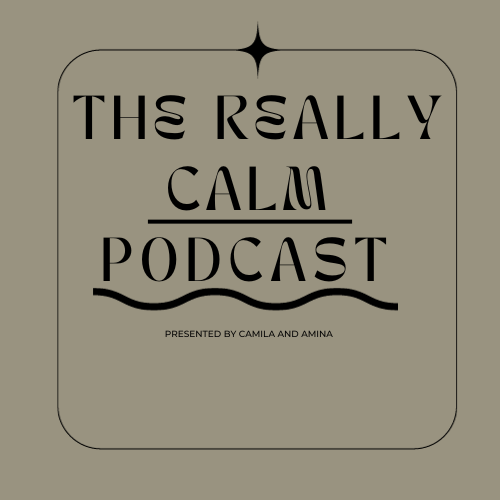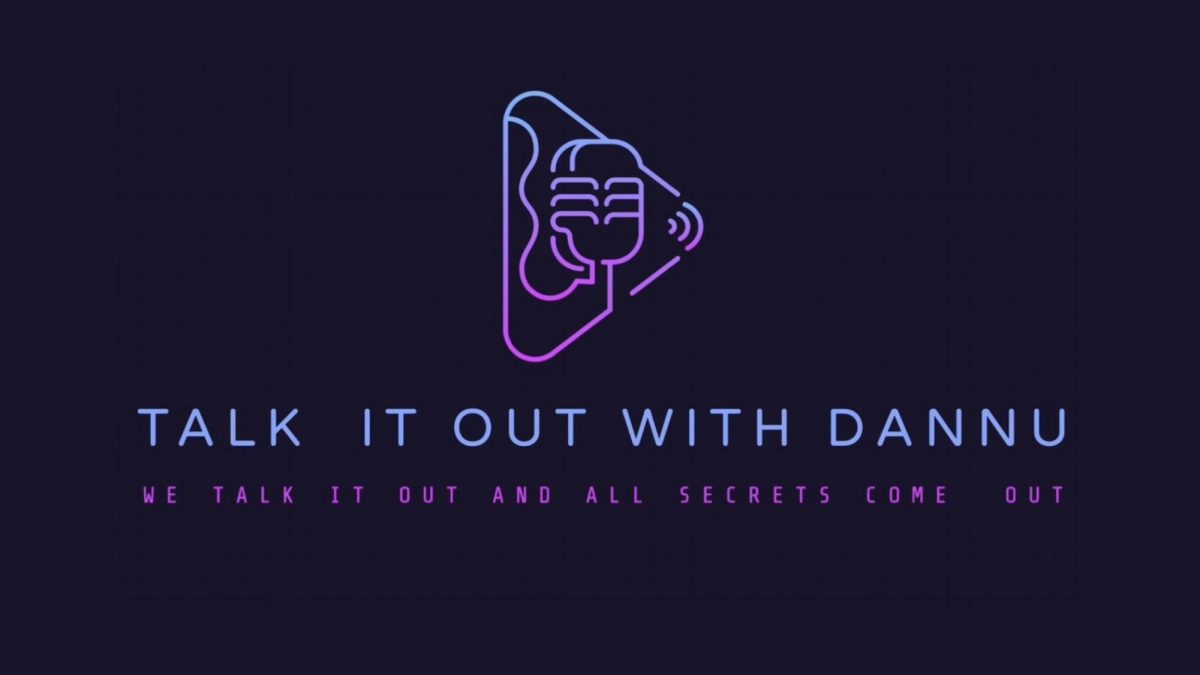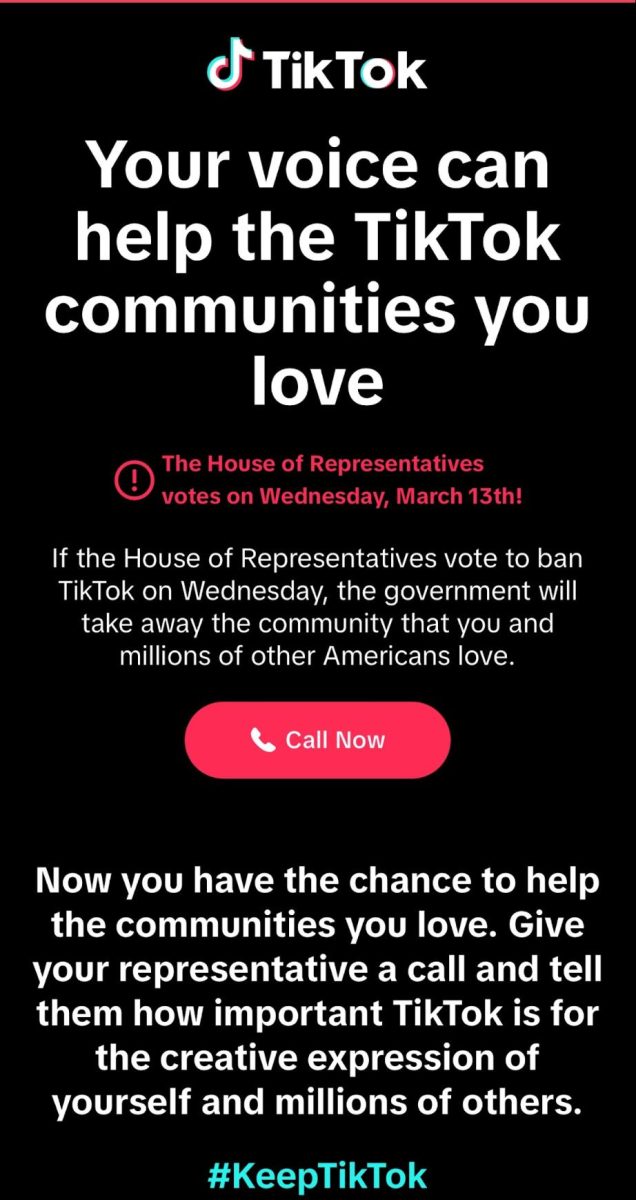Right now, 10:00Am on March 13th 2024, the US House of Representatives is voting on a bill to ban TikTok, or so the story goes. In reality, the ban is much broader than that.
The Protecting Americans from Foreign Adversary Controlled Applications Act, also known as HR 7521, specifically states, “It shall be unlawful for an entity to distribute, maintain, or update (or enable the distribution, maintenance, or updating of) a foreign adversary controlled application by carrying out, within the land or maritime borders of the United States, any of the following:
“A) Providing services to distribute, maintain, or update such foreign adversary-controlled application (including any source code of such application) by means of a marketplace (including an online mobile application store) through which users within the land or maritime borders of the United States may access, maintain, or update such application.
“B) Providing internet hosting services to enable the distribution, maintenance, or updating of such foreign adversary controlled application for users within the land or maritime borders of the United States.”
In less complicated terms, it is illegal to host any media-sharing app from a “foreign adversary,” which is a term later defined in section G, as anyone in China, Iran, North Korea, Russia, or where someone living in a foreign adversary’s country owns 20% or more of a company’s stakes.
This bill seemingly only affects TikTok currently, but this law continues as such into the future. Say one day we consider Isreal a foreign entity, under this law, we could no longer use sites that are hosted on Wix.
On paper, this ban is moving forward because of national security, but these are the same reasons China itself gives for banning outside social media. In reality, China bans Foreign Social Media as a way to control the viewpoints of their citizens, and this ban could likely affect US citizens similarly.
It’s not to the same extent, at least not yet. While the slippery slope is a fallacy, this bill does lay the groundwork for the US to get there. Ultimately, its censorship, and for a “free country,” it’s not that free of a bill.



